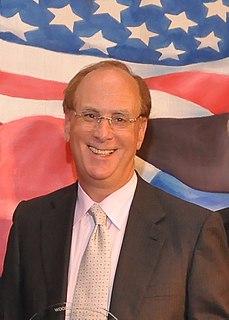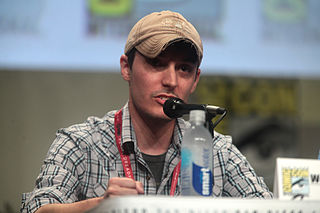A Quote by John Boorman
Movie-making is the process of turning money into light. All they have at the end of the day is images flickering on a wall.
Quote Topics
Related Quotes
The reason that most British actors are better than most American actors in the end is that they don't make any money. At the very end of their lives, they get into a space movie and they make a lot of money, but until that happens, basically, they don't have bank accounts. They live from day to day.
Making photographs that dealt with the understanding of who I am as a gay man and dealt with the process of accepting that, and also accepting what I'm into sexually, what sexually arouses me. So I was making these images not necessarily knowing what they were about, but just putting it out there - that mode of thinking or consideration of my own desires, and also the much larger conversation around images that deal with ideas of sexuality and how those images are distributed and then accepted or understood by whoever is viewing those images.
I tell everybody on the first day of making a movie that if anyone's here to further their career, they should leave. I'm gonna make the movie in such a way that we won't have a career when this movie comes out. Because the people who hold the moneybags are not going to want to share any of that money with us to make the next movie!
You live and die two or three times making a movie. First, you write it, and the first pivotal moment comes when you can get it made. The second is in the process of making it, when the movie reveals itself to you, its flaws and its virtues. Then the most unnerving moment is when that movie is then launched into the world. It’s like bringing your kid to the first day at school and somebody points out that it has bowlegs, it is cross-eyed, or it’s gorgeous. You feel very exposed.
A movie is a filmed rehearsal in a way. The audience doesn't know that because you're taking out the things that don't work. There's no comparison to the theater because it's live. But making a movie is just as challenging and exciting, I find. A movie is pure process. The theater is the result of process.
It is hard to think of conversion as a blinding light on the road to Damascus, or as a highly spiritual or intellectual process, when the light comes from a flickering television; the voice of the deity is Bishop Sheen and you have drilled your father on his catechism answers...I was troubled at a young age by the idea that pouring water over someone's head could change both his relationship to God.
At the end of the day, making 'Monster' was unbelievably hard, as making any movie is. And the only thing that made it worth it is not those awards and all those kind of things that I can barely remember because I was so overwhelmed. It was really that night in the editing room, that day on set. It was those things.
I had a lot of preconceived notions going in the Wall Street. It wasn't an industry that I really respected much. My feeling was kind of like look, you're not making anything. You're taking money from one place, putting it in another and taking your cut and that's just not really kind of soul-satisfying at the end of the day, but what I learned is, on a larger scale is how much the Wall Street industry funnels and fuels so many others. There is a lot of good that these guys do, and to lump all traders into a category is as insane as lumping any group of people into one category.





































